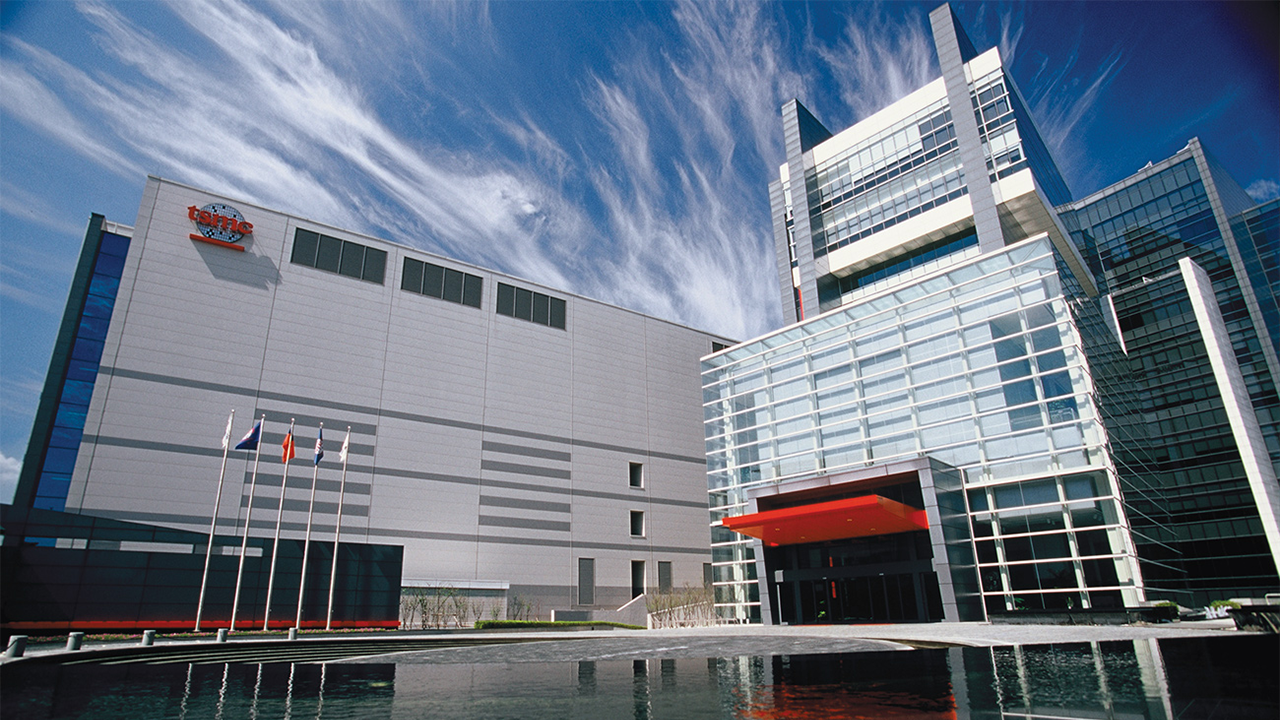TSMC founder sees resurgence in Japan semiconductor industry - as the land of the rising sun adds billions more in subsidies to the pot
Japan's subsidies for TSMC pass one trillion yen mark.

Morris Chang, the founder of TSMC, has forecasted a resurgence in Japan's semiconductor industry with the inauguration of TSMC's first chip manufacturing facility in the country. He believes that this new fab will be a catalyst for revitalizing Japan's once-dominant chipmaking sector and enhancing global chip supply resilience, reports Nikkei. Meanwhile, Japan is stepping up its support for TSMC by offering an additional ¥732 billion ($4.86 billion) in subsidies to build a second semiconductor factory, reports Reuters.
In the late 1980s, Japan was at the forefront of the global semiconductor market, boasting six of the top 10 chipmakers worldwide. However, a series of challenges, including trade disputes with the U.S., missed opportunities during the PC revolution, and insufficient investment, led to a decline in its industry leadership. Despite this, Japanese firms like Sony, Renesas, and Kioxia continue to hold significant market shares in specific segments such as image sensors and 3D NAND flash memory chips.
Chang's optimism for the new TSMC plant in Japan is rooted in his positive experiences with chip production in the country dating back to 1968 when he established a joint venture with Sony for Texas Instruments. He praised Japan's historical production quality and expressed hope for achieving high yields at TSMC's new fab, despite acknowledging the challenge posed by TSMC's already high yields in Taiwan.
The demand for chip production capacity is surging, particularly driven by the artificial intelligence (AI) boom. According to Chang, AI chipmakers are seeking not just tens of thousands of wafers, but multiple new fabs with formidable semiconductor manufacturing capacity.
The Japanese government, represented by Minister Ken Saito, has shown strong support for TSMC's investment, viewing it as a model for semiconductor industry growth. The new plant is already having a positive impact on the local economy in Kyushu, offering higher-than-average wages and promising to contribute to the region's economic development.
The extra funds to be provided by the Japanese government are intended to help TSMC establish its second fab in Japan, adding to the subsidies already provided for TSMC's first fab in Japan. The new fab will focus on producing chips using more advanced production nodes and these chips could be used for AI applications and autonomous vehicles, which is crucial for Japan's goal of maintaining a reliable semiconductor supply chain, producing chips for automotive and other industries domestically, and become a global leader in chip production. Meanwhile, the Japanese government's latest financial commitment could push the total subsidies for TSMC beyond the 1 trillion yen mark.
Get Tom's Hardware's best news and in-depth reviews, straight to your inbox.

Anton Shilov is a contributing writer at Tom’s Hardware. Over the past couple of decades, he has covered everything from CPUs and GPUs to supercomputers and from modern process technologies and latest fab tools to high-tech industry trends.